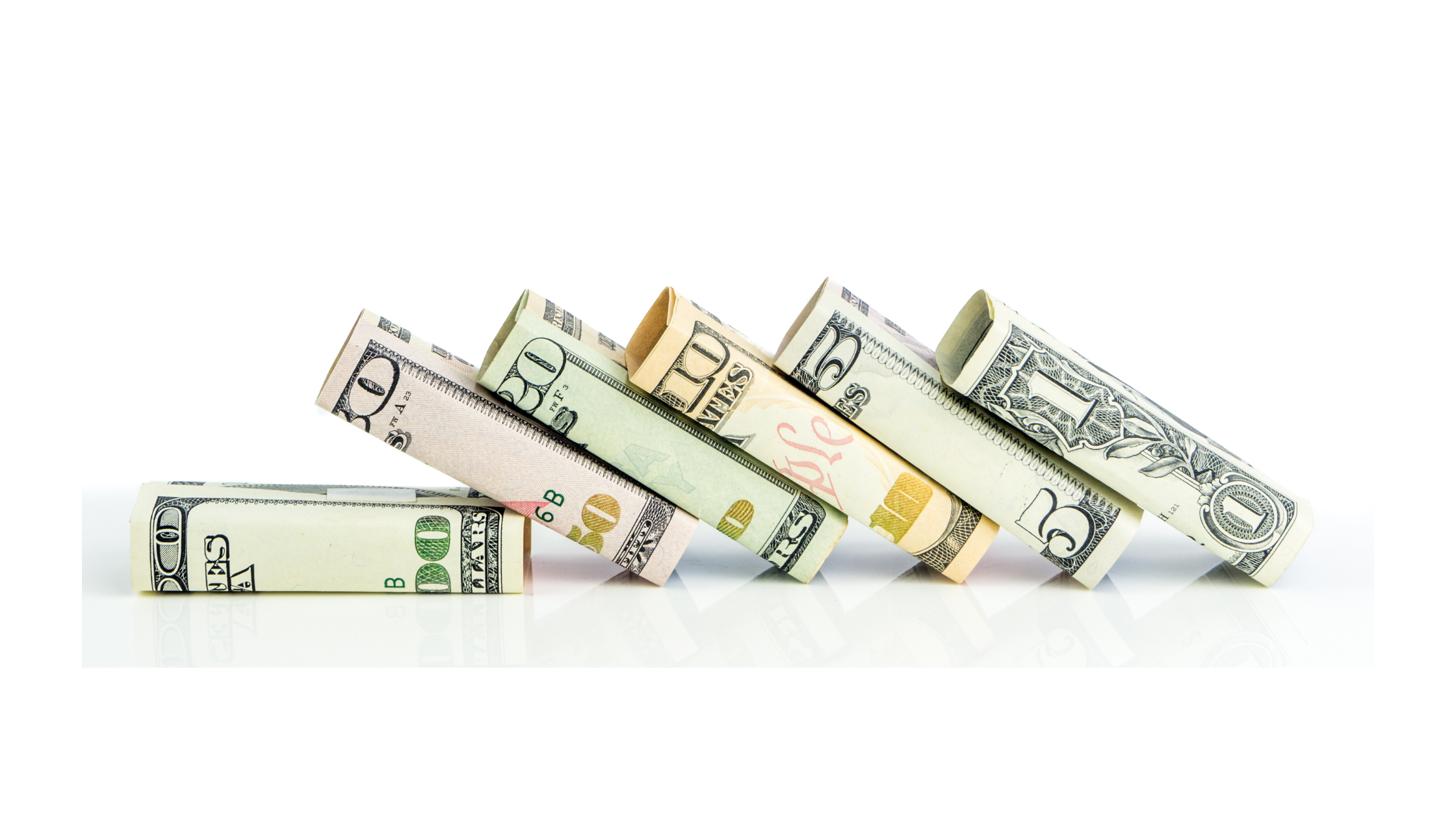How Do I Prepare For A Recession?
Small businesses can be vulnerable to economic recession and disaster. If there is anything the Covid pandemic taught us, it’s that business owners need to be prepared to mitigate financial hardships.
Sadly, we are now in a period of record-breaking inflation and the likelihood of recession is on the horizon according to some US economist. While you can’t control whether a recession will occur or not, there are some things you can do to increase the chance of your business surviving and possibly thriving.
Build A Cash Reserve
According to JP Morgan Chase, the average small business has only 27 days of cash buffer in reserve. This means an average business can continue to meet its cash outflows without earning any money for 27 days.[1] According to the Small Business Administration, the primary reason most businesses fail is due to lack of cash flow.
Work on accumulating 6 to 12 months of operating cash. Consider how much money you need to keep your business operational. Focus on required expenses such as debt payments, rent, utilities, inventory and wages. If it costs you $12,000 a month to stay operational, multiply that number by six months and you will need $72,000 in cash.
It does take time to build a cash reserve but having one in place will ensure that you don’t panic and are able to pivot your business if needed.
Cut Expenses
A quarterly expense review is a good business practice in general. Frequently reevaluating expenses helps to reduce overspending.
Mindfully analyze your expenses and ask the following questions:
Does this expense help in adding customers?
Does this expense help in retaining customers?
If the answer to the above question is ‘yes’, then keep the expense. If the answer is ‘no’, carefully examine whether the expense is essential or non-essential. Cut all non-essential expenses.
Downsize and Outsource
For most companies, payroll is the largest expenditure. I know it can be a very tough decision but downsizing your team may be the most appropriate thing you can do in the face of financial hard times. If your employee is not an A player and you are not getting a 2 to 10 times return on your employee investment, it’s time to cut. This should be standard operating procedure for any business.
If possible, consider outsourcing as an alternative. Outsourced contractors may cost you just 50% to 60% of what a full-time employee costs. If your business slows down, you aren’t on the hook for a full-time salary. If business picks back up, you add contractors to handle the work.
Get Rid of Products and Services That Are Not Profitable
Do you have an unprofitable product-line or service? Many small business owners can’t answer this question. At all times, not just during economic downturns, you need to run a business that is lean and efficient. Therefore, it makes sense to know the profitability of each item.
Perform an analysis on your product and service lines and 1) identify and eliminate those products and services that are unprofitable; or, 2) identify and eliminate production or service processes that are ineffective and implement innovation and improvements in efficiency to lead to the very same product/service at a better yield.
The first concept is easy, right? If it’s unprofitable, get rid of it. The second concept recognizes that the product/service is unprofitable but asks the questions, can your company innovate and become more efficient, so the product is now more profitable? You also need to decide is it worth the hassle to turn this product or service around.
We stopped providing payroll services to clients many years ago. It took up a lot of staff time and it wasn’t profitable. With the many payroll companies that are out there, it didn’t make sense to continue offering this service and frankly, my employees and I have never been happier.
Advantage of a Small Business
While there are disadvantages to being a small business during a recession, you have advantages that big corporations don’t. You can tightly control your expenses and you can pivot quickly through challenges. After all, it’s easier to change the course of a sailboat than an aircraft carrier.
Successfully riding out financial hardships is a matter of preparedness. Implementing the points mentioned above will not only help you survive during hard economic times but thrive when the economy is booming.
We’re Here for You
If you need a plan to build a cash reserve, cut expenses and pay down debt we are your team! We can help you implement and carry out a plan that will lead your business to permanent profitability.
—————————
About the author
Summer Wilkinson, CPA, is the founder and owner of Leaf Book CFO Services and a certified Profit First Professional. She thrives on helping business achieve permanent profitability. If you are interested in working with Summer to turn your business around you can email her at summer@leafbookcfo.com or visit the firm’s website at www.leafbookcfo.com for more information.




